Importance Of Sports
Sports play a crucial role in the overall development of students in a school
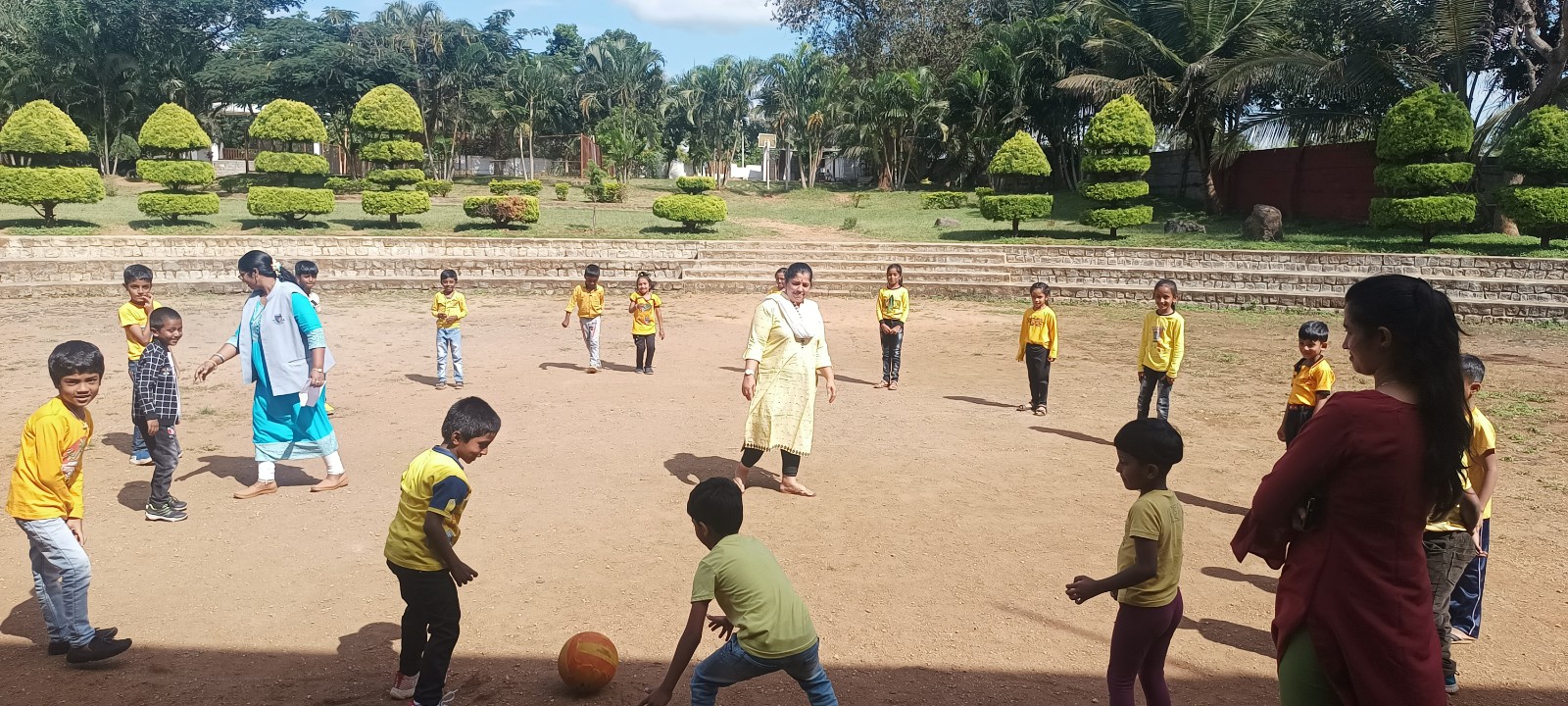
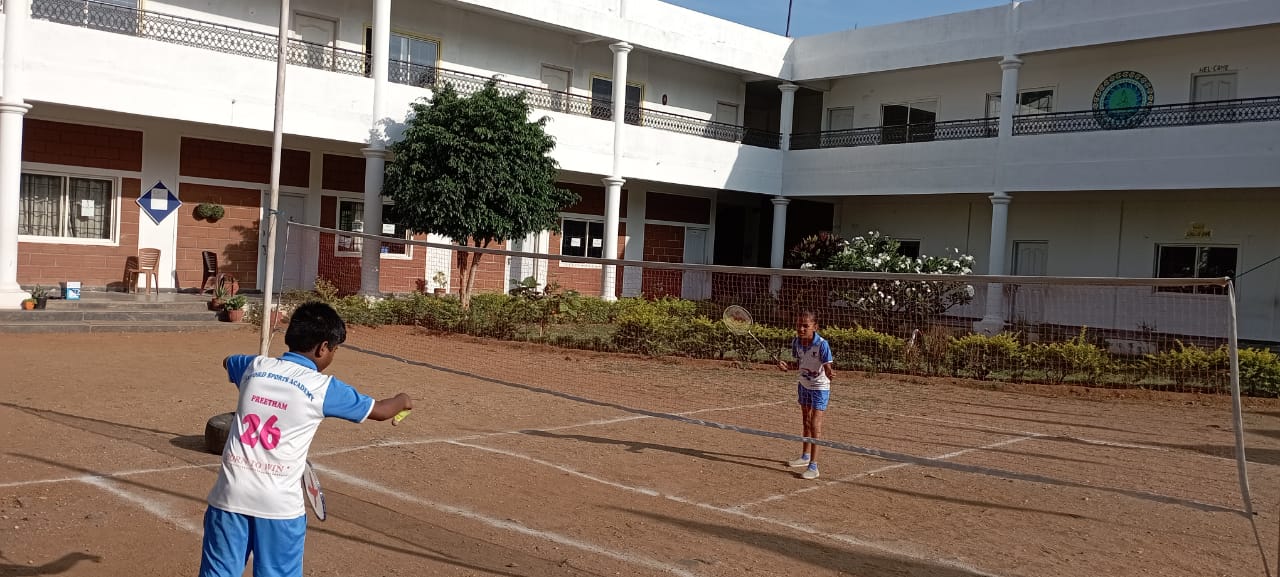
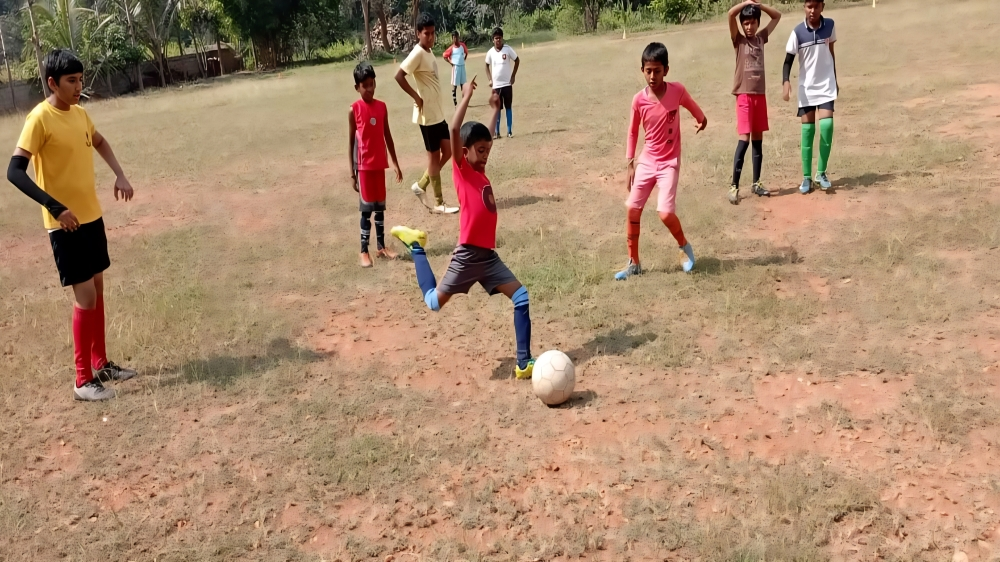
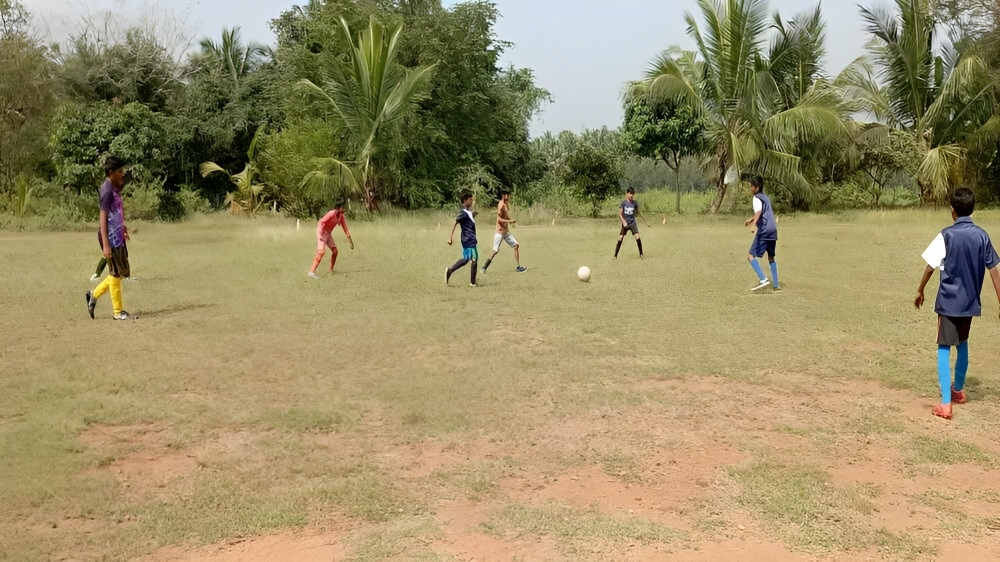
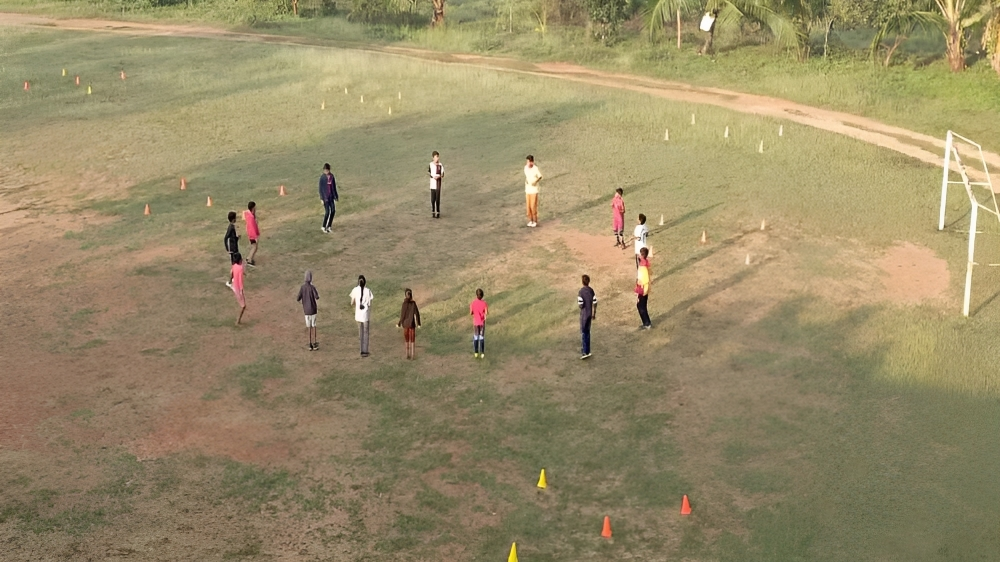
- Physical Health: Sports activities promote physical fitness, strength, and overall well-being. Regular participation in sports helps students develop healthy habits, improve cardiovascular health, enhance motor skills, and maintain a healthy weight. It also reduces the risk of obesity, diabetes, and other health-related issues.
- Mental Development: Sports contribute significantly to the mental development of students. Physical activities stimulate the brain, improving cognitive functions such as memory, concentration, and problem-solving skills. Sports also promote discipline, resilience, and self-confidence, which are crucial for academic success and personal growth.
- Teamwork and Cooperation: Engaging in team sports fosters teamwork and cooperation among students. They learn to work together towards a common goal, develop effective communication skills, and understand the importance of collaboration.
- Character Building: Sports provide opportunities for character building and instilling values such as discipline, perseverance, sportsmanship, and respect for others. Students learn to overcome challenges, handle success and failure gracefully, and develop a strong work ethic.
- Emotional Well-being: Participating in sports helps students manage stress, reduce anxiety, and improve their emotional well-being. Physical activities release endorphins, which are natural mood boosters. Sports also provide a healthy outlet for emotions, help in developing emotional resilience, and teach students how to handle pressure and setbacks.
- Social Skills and Relationships: Sports provide a platform for students to interact with their peers, build friendships, and develop social skills. They learn how to communicate effectively, cooperate, and resolve conflicts in a positive manner. Sports also promote inclusivity, diversity, and acceptance, bringing students from various backgrounds together.
- Time Management and Discipline: Engaging in sports requires students to balance their academic responsibilities with their practice sessions and competitions. This helps them develop effective time management skills, prioritize tasks, and maintain discipline in their daily routine. Sports teach them the importance of setting goals, managing time efficiently, and maintaining a healthy balance between different aspects of life.
Overall, sports in a school setting provide students with a holistic learning experience, contributing to their physical, mental, emotional, and social development. It helps them become well-rounded individuals equipped with essential life skills necessary for future success.
